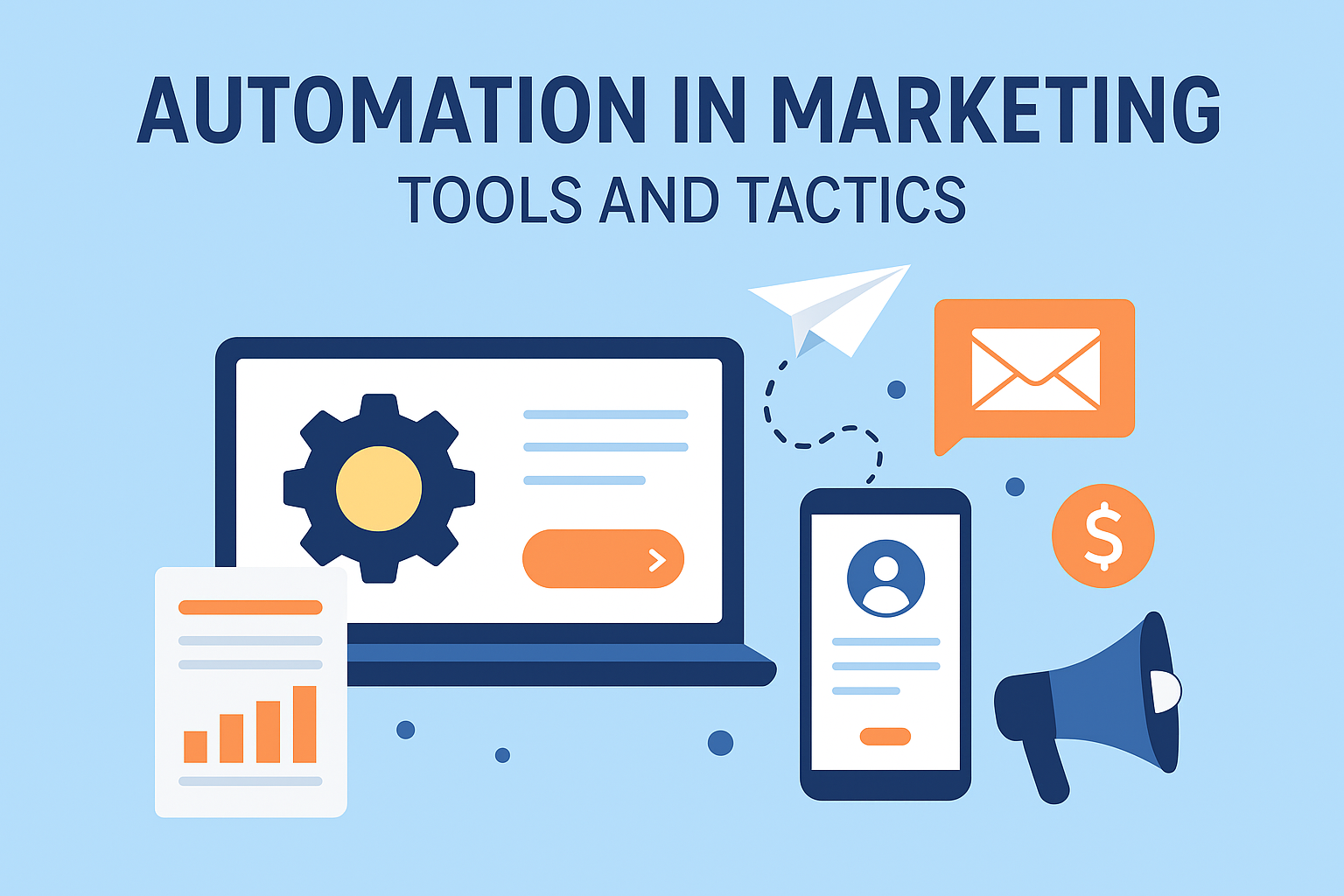Introduction
Keyword research has always been the backbone of SEO, and in 2025, it remains just as critical—though the methods and tools have evolved. Search engines are smarter, user behavior has shifted, and artificial intelligence (AI) now plays a central role in how content ranks. Voice search, conversational queries, and personalized search results mean businesses need to rethink how they identify the right keywords.
In this guide, we’ll walk you through the step-by-step process of keyword research in 2025, highlight the best tools available, and share advanced tactics to keep your SEO strategies ahead of the competition.
Understanding Keyword Research in 2025
Keyword research is no longer about stuffing high-volume keywords into content. It’s about understanding search intent—what users really want when they type or speak a query. Search engines like Google now use AI models such as RankBrain and BERT to interpret context, making relevance more important than raw search volume.
Another major shift in 2025 is the rise of voice search and AI-powered assistants like ChatGPT integrated into search engines. Queries are longer, more conversational, and more specific. That’s why modern keyword research must include long-tail keywords, semantic variations, and user-focused phrasing.
Core Steps of Keyword Research
Identifying Your Niche and Goals
Before diving into tools, define your business niche and audience goals. For example, if you run a digital marketing agency, your target might be “SEO services for small businesses” rather than just “SEO.” Clarity at this stage ensures your keyword list aligns with business outcomes.
Using AI-Powered SEO Tools
AI-driven tools like SEMrush, Ahrefs, and Surfer SEO now suggest keywords not only based on volume but also intent, competitiveness, and topical clusters. This helps you find low-competition, high-conversion opportunities.
Competitor Keyword Analysis
Analyzing competitors’ websites gives insights into what works in your industry. Tools like Ahrefs Site Explorer or SEMrush’s Keyword Gap tool show which terms your competitors rank for and where you can fill gaps.
Long-Tail and Conversational Keywords
With more users searching via smart speakers and mobile devices, queries like “best SEO company near me” or “how to do keyword research step by step” are increasingly common. These conversational phrases often convert better because they reflect high purchase intent.
Best Keyword Research Tools in 2025
SEMrush
SEMrush is one of the most comprehensive keyword research platforms. It provides keyword difficulty, search intent, volume trends, and competitor insights. Its Keyword Magic Tool clusters keywords by topic, which is essential for creating content hubs.
Ahrefs
Ahrefs remains a go-to tool for backlink and keyword research. Its Keyword Explorer shows search volume, clicks per search, and traffic potential. What sets Ahrefs apart is its accurate backlink data, which is invaluable for combining keyword research with link-building strategies.
Google Keyword Planner
Google Keyword Planner is still free and widely used. It’s best for businesses running paid ads, but its search volume and trend data are also useful for organic SEO campaigns.
Surfer SEO
Surfer SEO is an AI-driven content optimization tool that also helps with keyword research. It provides content gap analysis and real-time keyword suggestions while you write, making it ideal for content creators and SEO writers.
Ubersuggest
Ubersuggest is a budget-friendly alternative developed by Neil Patel. It gives insights into keyword ideas, search intent, and competitor ranking data—ideal for small businesses and bloggers.
Advanced Strategies for Keyword Research
Search Intent Mapping
Not all keywords are equal. Some show informational intent (e.g., “what is keyword research”), while others show transactional intent (e.g., “buy SEO services”). Mapping keywords to intent ensures your content targets the right stage of the buyer journey.
Zero-Click Searches and Featured Snippets
In 2025, Google displays more direct answers in search results, reducing clicks to websites. Optimizing for featured snippets, People Also Ask boxes, and Google Discover helps capture visibility even when users don’t click through.
AI-Driven Keyword Clustering
AI tools now group related keywords into clusters automatically. Instead of targeting one keyword per page, content strategies now focus on keyword families, improving topical authority and ranking chances.
Content Gap Analysis
Tools like Ahrefs and Surfer SEO help identify keywords your competitors rank for but you don’t. This method uncovers untapped opportunities and ensures you don’t miss valuable traffic sources.
Common Mistakes to Avoid in 2025
- Chasing volume over intent: High-volume keywords often bring low conversions. Focus on relevance.
- Ignoring local SEO: With mobile and voice search rising, local queries like “best SEO expert in Lahore” or “plumber near me” can drive valuable traffic.
- Overstuffing keywords: Search engines penalize unnatural repetition. Use synonyms, variations, and natural phrasing.
- Neglecting updates: Keyword trends shift quickly. Regularly refresh your keyword list to stay relevant.
How Keyword Research Ties to SEO Success
Keyword research isn’t isolated—it connects to your entire SEO strategy. Once you’ve identified the right terms, you can apply them to:
- Content creation (blogs, guides, and landing pages)
- On-page optimization (titles, meta tags, and headings)
- Backlink strategies through guest posting and link insertion
- Campaign planning for long-term SEO
If you’re looking to strengthen your site’s authority, check out LinkBlooms’ best deals on guest posting and link insertion to build high-quality backlinks and improve your ranking power.
FAQs
1. What is the best keyword research tool in 2025?
SEMrush and Ahrefs remain top choices, but Surfer SEO is gaining popularity for AI-driven keyword clustering.
2. How often should I update my keyword list?
Every 3–6 months, since search trends and competition shift rapidly.
3. Are long-tail keywords still relevant?
Yes. In fact, with voice and conversational search, long-tail queries convert better than ever.
4. Can free tools like Google Keyword Planner compete with paid ones?
They provide solid data but lack competitor analysis and advanced clustering features.
5. What’s the role of AI in keyword research?
AI helps identify user intent, cluster keywords, and suggest semantically related terms, making research faster and more accurate.
6. Should I prioritize volume or intent?
Always prioritize intent, as it drives real business results.
Final Words
Keyword research in 2025 is smarter, intent-driven, and powered by AI. Businesses that adapt to these changes will enjoy stronger visibility and higher conversions. By using tools like SEMrush, Ahrefs, and Surfer SEO, and aligning them with user intent and topical authority, you’ll be ahead of your competitors.
If you’re ready to take your SEO strategy further, explore LinkBlooms’ homepage or contact us to get expert help with keyword research, link building, and long-term SEO growth.



